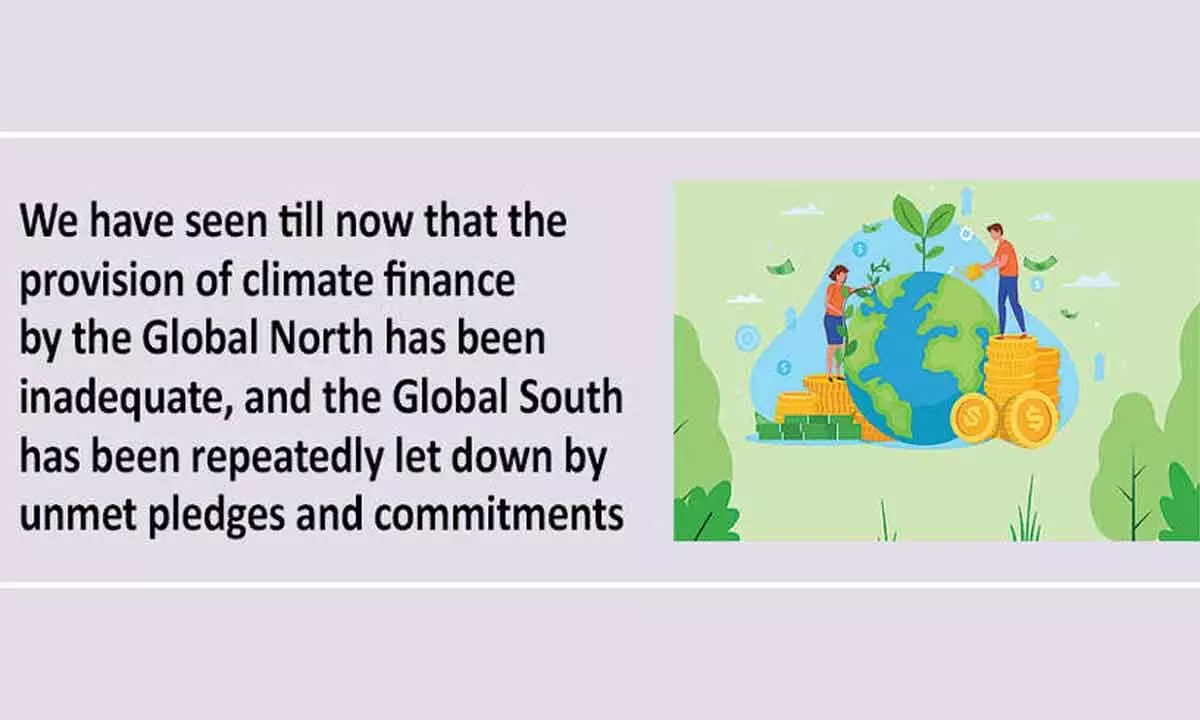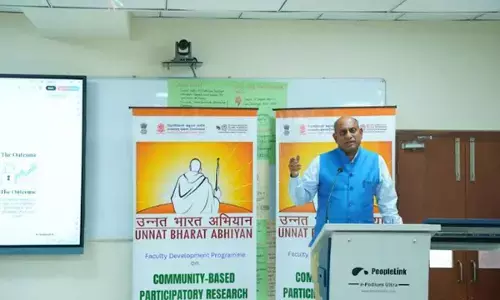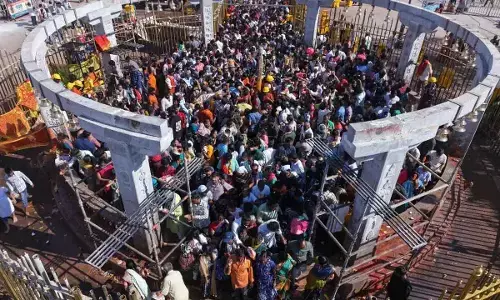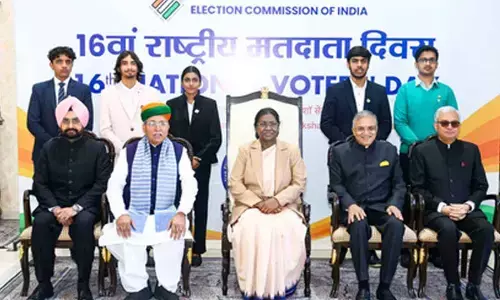Show Us the Money: Global South

Climate finance to be at centrestage at climate talks in Baku, Azerbaijan
New Delhi: The COP 29 (the 29th Conference of the Parties to the United Nations Framework Convention on Climate Change) is scheduled to begin on November 11 at Baku, in Azerbaijan. It will work towards reaching an agreement on what is called the ‘New Collective Quantified Goal’ (NCQG) on climate finance. The NCQG will replace commitments made by developed countries in 2009 to support climate action in developing countries, by providing US $100 billion per year by 2020
A new position paper by Centre for Science and Environment (CSE) has spelt out all the key debates around climate finance and offers some principles that can ensure an equitable and ambitious outcome at the Conference. Speaking at the briefing, CSE director general Sunita Narain said, “COP 29 has the potential to become the most important climate conference since Paris – given how crucial financial support is for developing countries to reach their climate goals. We have seen till now that the provision of climate finance by the Global North has been inadequate, and the Global South has been repeatedly let down by unmet pledges and commitments. We are hoping to see some change in this status quo at Baku.”
At Baku, Parties (countries participating in the COP and its processes) are supposed to reach an agreement on NCQG which will replace the commitments made by developed countries in 2009 to support climate action in developing countries, by providing them US $100 billion per year by 2020 – a target that has been met only once (in 2022).
CSE’s mapping of country positions on the NCQG shows that developed countries have abstained from any engagement on the quantum or amount of finance to be provided under the goal. Additionally, they are also pushing for an expansion of the contributor base, inclusion of private finance, and inclusion of Article 2.1(c) discussions (which refer to finance flows becoming climate-consistent) within the NCQG.
In contrast, developing countries have laid out clear proposals for the quantum of finance needed, ranging from US $1-2 trillion annually. They have also emphasised that international public finance must be the core component of the NCQG, and that historical responsibilities must be adhered to when deciding the contributor base. Additionally, they have called for a separation between the issues of climate-consistent finance flows (referring to Article 2.1(c)) and financial support mandated under Article 9 of the Paris Agreement. According to Avantika Goswami, Programme Manager, Climate Change, CSE: “According to various analyses, an annual mobilisation of only 1 per cent of the global GDP – about US $1 trillion – can meet developing countries’ immediate climate requirements, while also allowing nations to improve their climate ambition in the coming years. We believe that this must be provided through non-debt creating financial instruments, primarily grants and concessional loans, for the Global South.This can help further their climate ambition, while meeting their developmental priorities at the same time.”
“The NCQG is essential for enabling global climate action. It must also be informed by existing barriers to accessing climate finance faced by developing countries, such as a higher cost of capital for green technologies and growing debt burdens,” says Sehr Raheja, Programme Officer, Climate Change, CSE, and a co-author of the report. “In an atmosphere where trust is eroded in the multilateral process, the NCQG is one of the last opportunities for the Global North to course correct, show courage, and pay its fair share,” points out Goswami.
Other issues at COP 29
Article 6:Article 6 of the Paris Agreement will be important at COP 29 as countries seek to operationalisecarbon markets. The rules surrounding emissions trading are crucial for integrity and accountability. Says Goswami: “If these rules are poorly framed, we risk yet another carbon market that looks promising on paper but fails in practice. If crafted well, they could set the benchmark for a market that actually works – something the world desperately wants to see.”
Mitigation:COP 29 will also witness negotiations to scaleup mitigation ambitions, particularly as Nationally Determined Contributions (NDCs) are scheduled to be updated in 2025. On this issue, developed countries are calling for stronger mitigation measures while developing countries have asked for better financial support to enable this.
Adaptation:As the adaptation gap keeps increasing, the global goal on adaptation (set into a framework called the UAE Framework for Global Climate Resilience) will urgently require important discussions on the means of implementation (finance, capacity building and technology transfer) – which it currently lacks -- alongside discussions on developing sound indicators for the framework.
(https://www.cseindia.org/)

















